Community
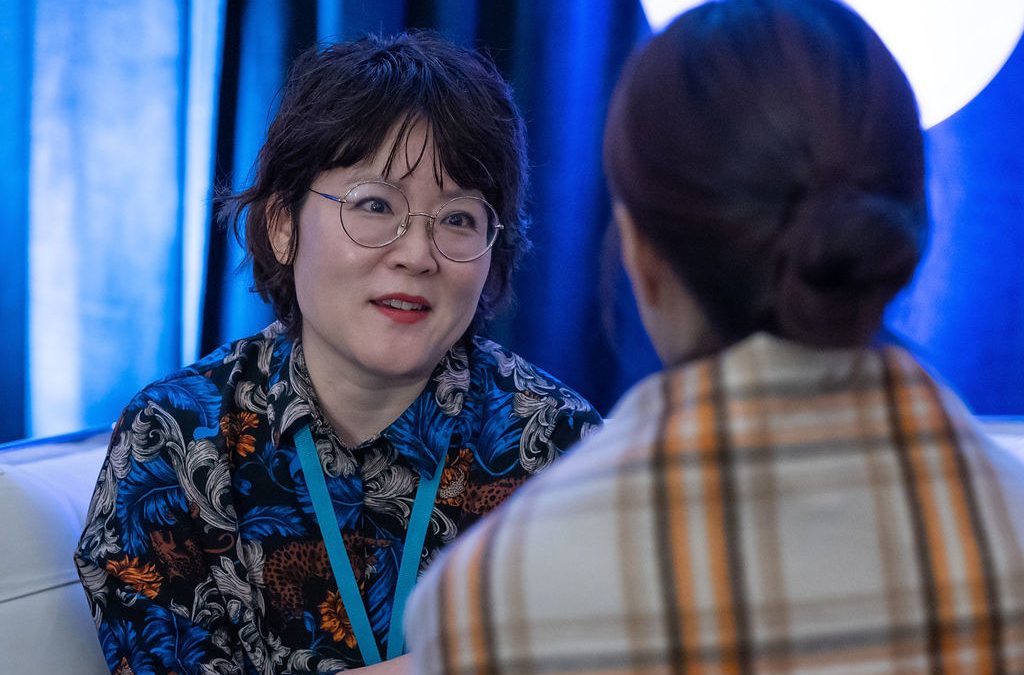
Announcing a New Mentor Match Cohort for 2026!
Whether you’re just entering the art therapy field or looking for a new career direction – a mentor may be able to help you.

From Three to Fifty: The Journey of Building Delaware’s Art Therapy Community
By Terri Willis, MA, ATR-BC, LPAT
When I joined the field as a new George Washington University (GWU) graduate in 1988, Delaware was served by only three art therapists. A Delaware native, I returned to plant a seed about the field of Art Therapy and now write this while enjoying semi-retirement at my beach house in Bethany Beach. I hope to bring my art therapy colleagues together on August 14th for a virtual event sponsored by AATA.
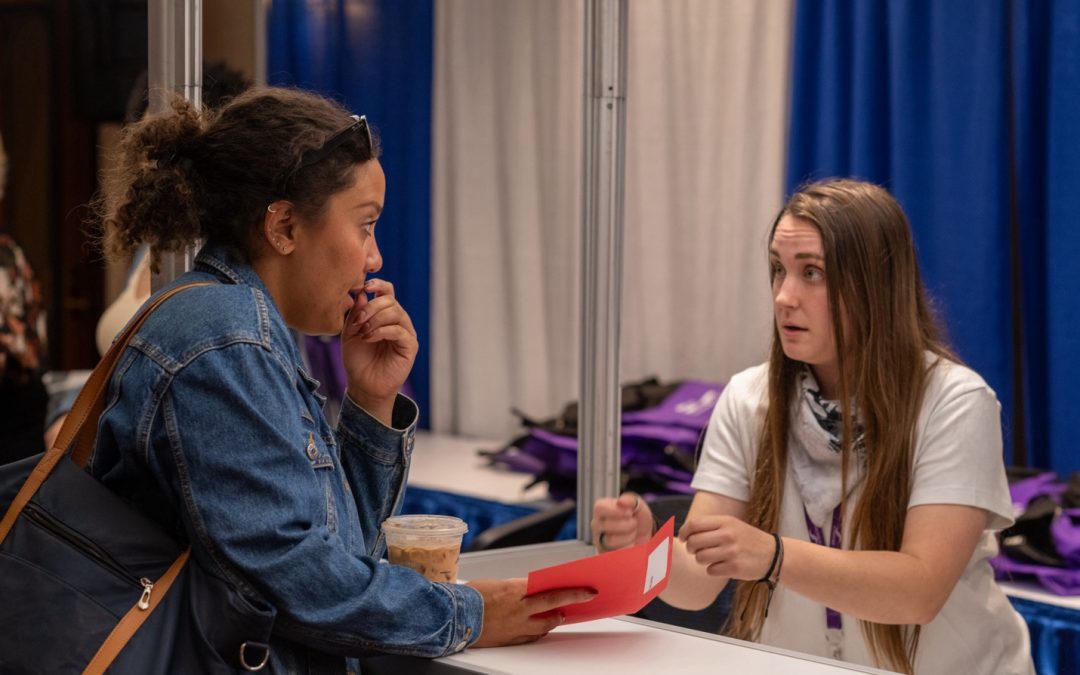
Welcome to What Will Be the Best Day of Your Art Therapy Journey
By Christine Troll
During my conference experience, I felt as though I was finally in a place that I belong! I can’t ever remember feeling so connected to my profession, and that feeling has long outlasted the end of last year’s conference!
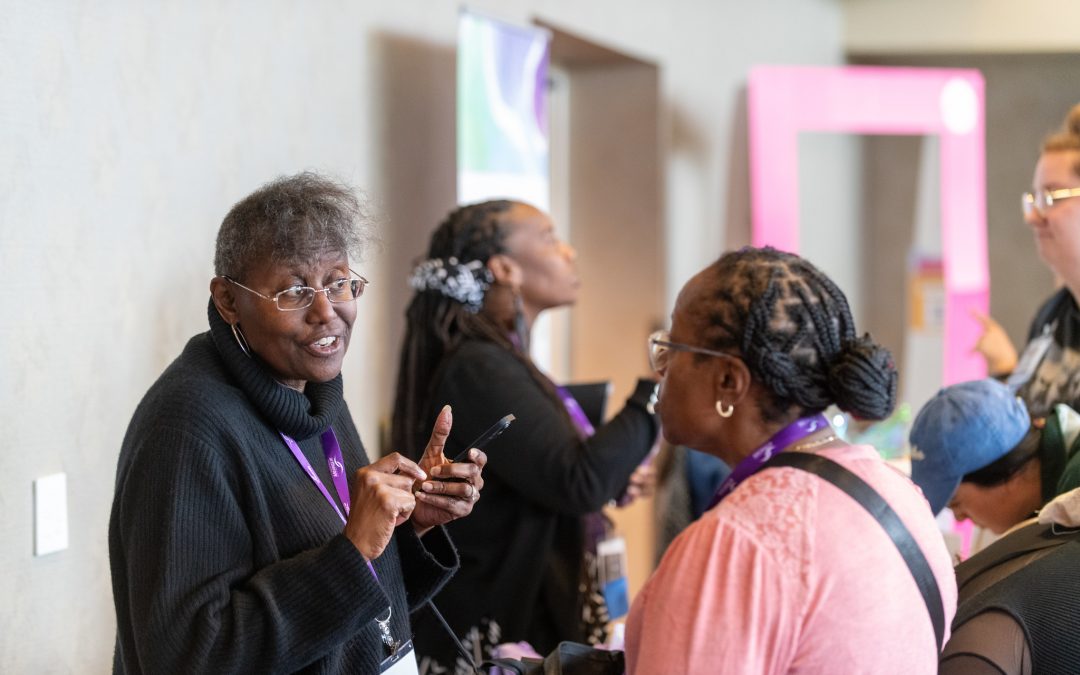
My Tips for an Outstanding Mentoring Experience with AATA’s Mentor Match Program
Considering joining AATA’s Mentor Match Program and still wondering what to expect? You have landed in the right spot! Thank you for embarking on this journey and taking time to understand how you can benefit from AATA’s Mentor Match program… and create a mentorship experience that fits your needs!
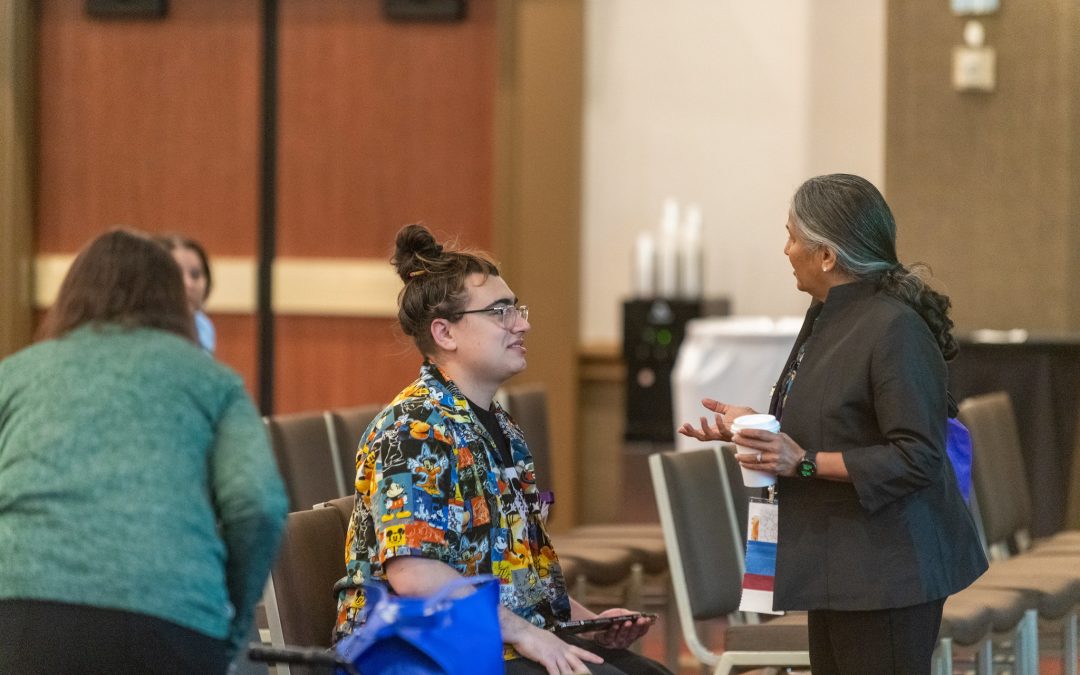
Re-introducing AATA’s Mentor Match
Whether you’re just entering the art therapy field or looking for a new career direction – a mentor may be able to help you. In fact, AATA members have told us that they want more opportunities for mentorship and networking. That’s why we are excited to re-launch our Mentor Match Program!
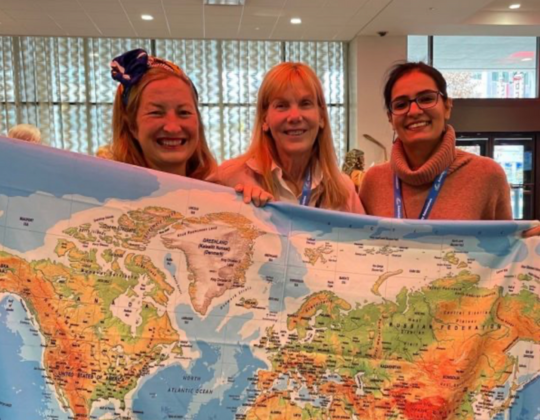
Join the International Shared Interest Group. Meet Global Art Therapists During our Virtual Meetings
Attention AATA members interested in international art therapy work or for those who identify as international members or students: Join us May 4!
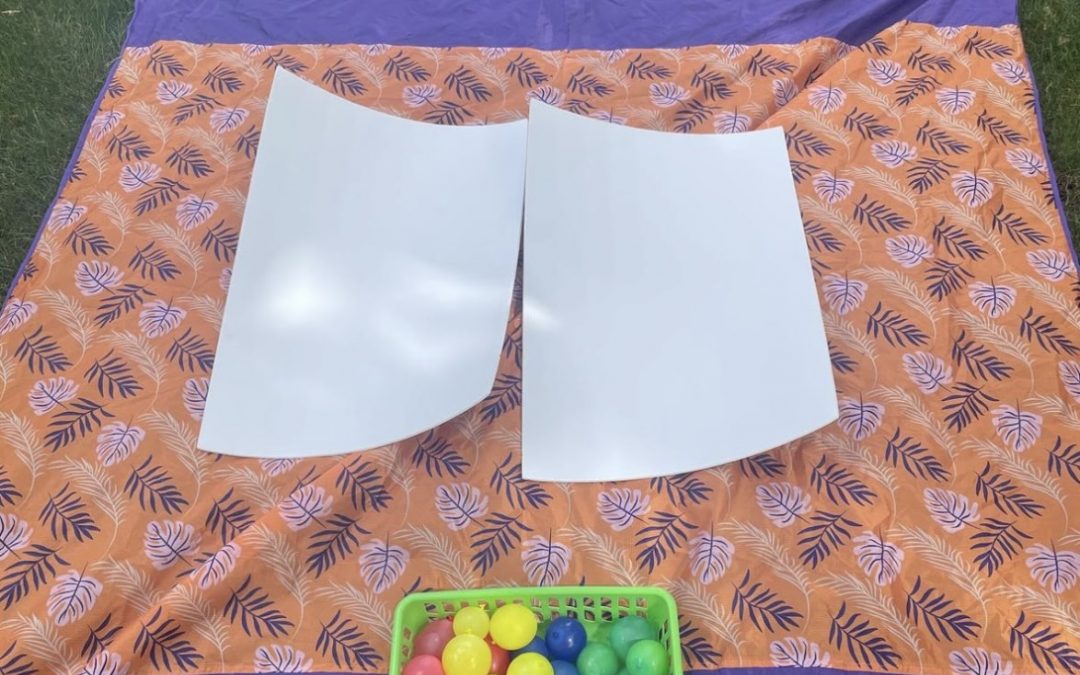
Integrating Art Therapy in Museums: Bridging the Gap between Isolation to Community Connection
The museum visit, paired with art-making, provides participants with an elevation of their museum experience, especially those who report rarely making or creating art themselves. What I have observed through my project on integrating art therapy in a museum was how connecting different community members over art-making fosters group cohesion as a sense of belonging in a museum.
First Open-Air Clay Art Studio for Community Members Affected by the Marshal, Co., Fire
In response to the fire that quickly spread to several townships destroying 1,084 structures, the Naropa University graduate art therapy program with its 21-year-old Naropa Community Art Studio (NCAS) and community partners launched its first Open Air Clay Art Studio. Fifty people from across the developmental spectrum, divided into two groups, participated in the event.
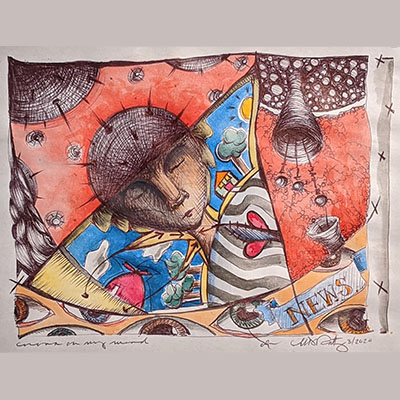
Art Therapy is Particularly Effective in Times of Crisis
September 24, 2020
In the survey, we asked respondents: “As an art therapist, how would you describe to someone unfamiliar with the profession why art therapy is uniquely suited to support mental health during this pandemic?” The survey takers explained that art therapy is particularly effective during times of crisis, especially in coping with isolation, changes in circumstance, trauma, and grief.
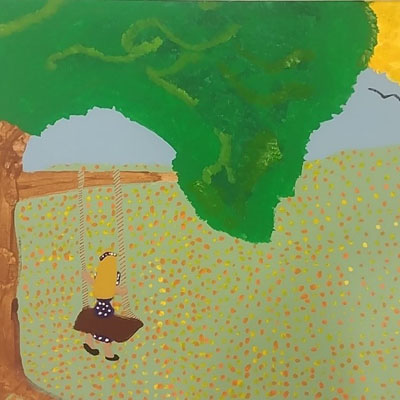
My First Art Therapy Job, at a Homeless Shelter, during a Pandemic
September 24, 2020 | By Jenelle Hallaert
Due to the inherent technological barriers that come with housing insecurity, all sessions with the guests are in-person — putting both the guests and myself at constant risk of contracting COVID-19. Even with these risks, the mental health services provided to our guests are essential for their wellbeing. Overall, the shelter has continued care as usual for this population.
